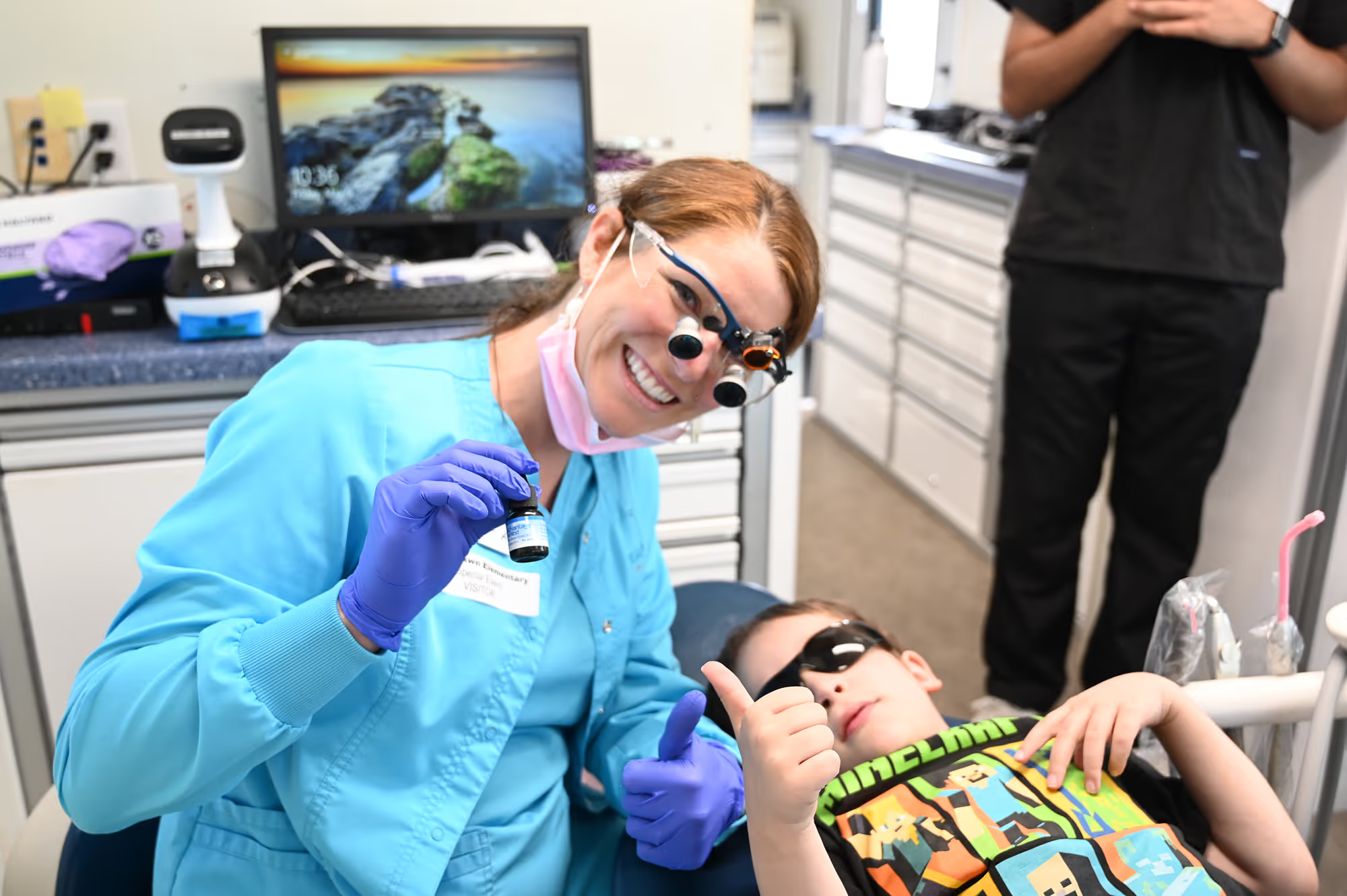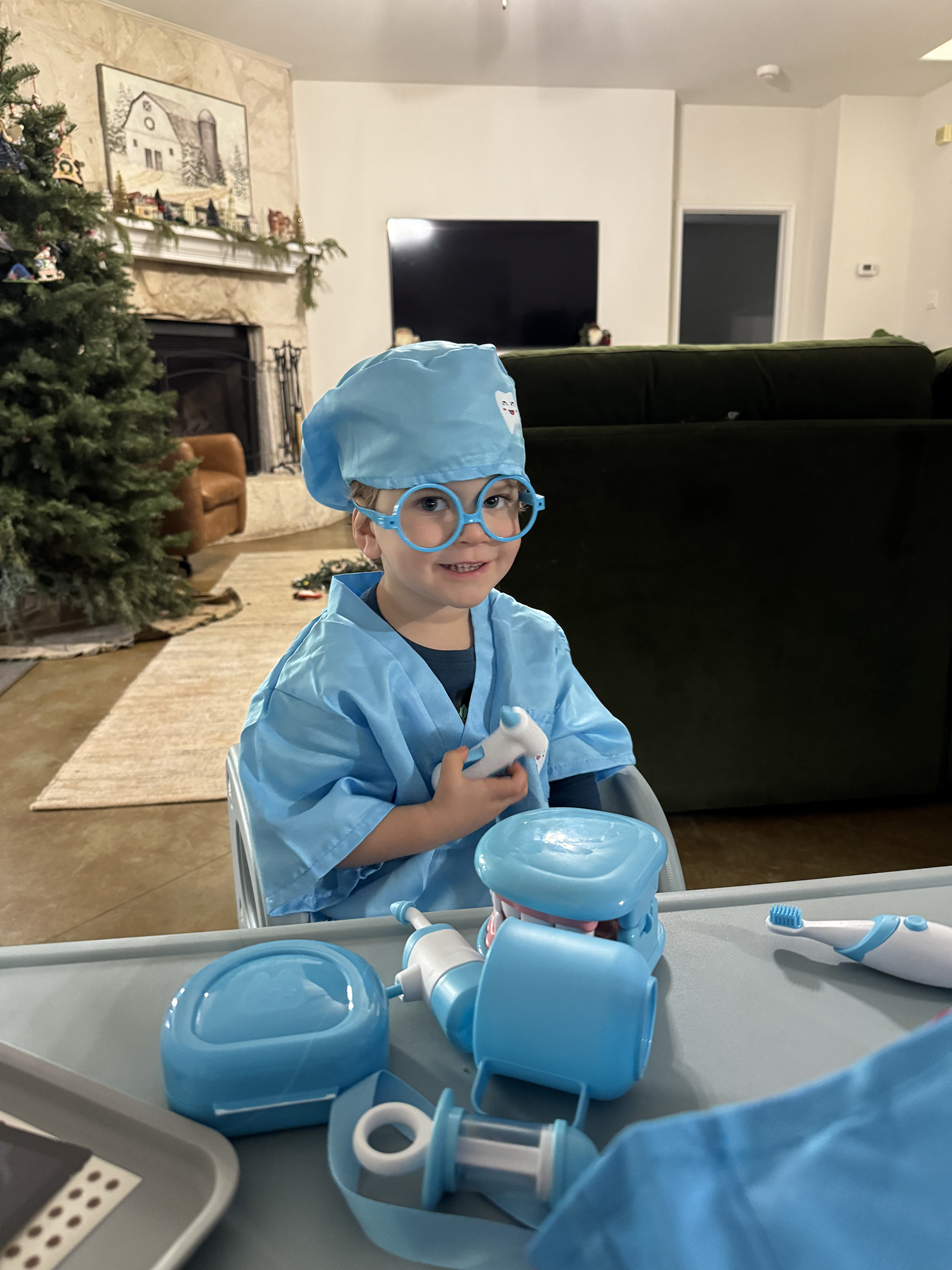Kids with healthy teeth will not need tooth extractions. There are only a few exceptions. For example, some kids may have an extra tooth, or may need one or more teeth to be removed as part of the process of getting orthodontic treatment.
Wisdom teeth are another exception. These teeth grow in later than the rest of your child’s teeth, between the ages of 17-25. They're a natural part of the mouth, but many kids don’t have enough space in their mouths to accommodate them. If they don’t grow into their mouth correctly, your child’s wisdom teeth may need to be extracted.
But for the most part, tooth extractions are only needed when your child has an unhealthy tooth that can’t be saved with any other treatment. Tooth extractions are always a last resort option at Kids Tooth Team. Whenever possible, we will try to save your child’s tooth with treatments like a pulpotomy.
Sometimes, though, a tooth may be too damaged to save, or it may be necessary to pull it to prevent further complications. If this is the case for your child, Dr. Otto may recommend a tooth extraction. We offer gentle extractions, and keep your child comfortable with dental sedation throughout the entire process.
Once your child’s unhealthy tooth has been pulled, it will need to be replaced. If it was a baby tooth, Dr. Otto will recommend a space maintainer, which will maintain the proper gap in their smile until their adult tooth erupts.
However, if your child has lost an adult tooth, they will need a replacement. Dental implants are typically the best option for replacing adult teeth. However, they usually are not placed until your child is 16-18 years old, and their jaw has finished developing. Until then, a fixed or removable bridge can be used to replace the missing tooth.





.svg)